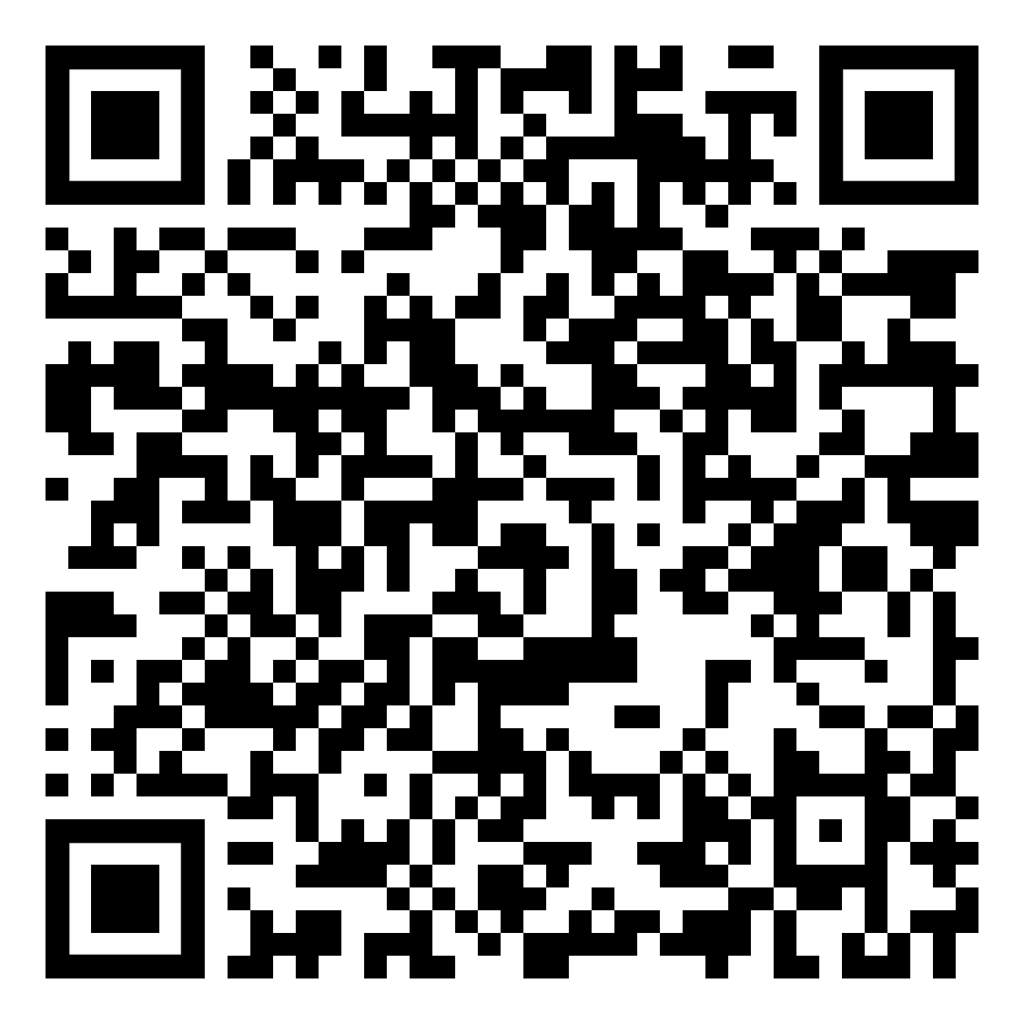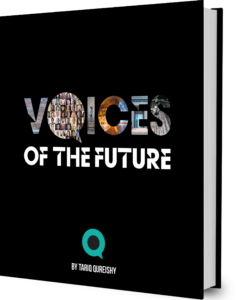Brett King stands as a beacon of innovation and foresight. His journey, a blend of passion for technology and a keen eye for the ever evolving financial landscape, positions him uniquely as a leading voice in the realm of digital banking and fintech. Delving into his insights, Brett’s narrative reveals not just the roadmap of his professional milestones but also his vision for the future.
As an influential coder-turned-author and futurist, he’s authored seven international bestsellers, including ‘Augmented: Life in the Smart Lane.’ His insights have gained recognition, including in China’s President Xi’s 2018 address, and have led to advisory roles with the White House, NASA, and various media outlets. He founded Movenbank, the first US mobile appbased bank, and Provoke Media, launching the top fintech show ‘Breaking Banks.’ Brett’s work spans fintech, AI, climate-tech advisory, and futurism, with his latest book ‘The Rise of Technosocialism’ exploring AI, climate change, and societal shifts.
Brett opens our dialogue by reflecting on his early inspiration with a sense of nostalgia and clarity. He reminisces: “Growing up in Melbourne, Australia, I started working at ten years old, with a paper route on my BMX. When I was 13, I sold that BMX to buy my first computer, a Commodore Vic-20, because I saw computers as the future, and I wanted to learn everything about them.”
It was the spark that ignited his lifelong passion for technology and innovation. One pivotal moment sticks out: he applied to join Melbourne High School to further his interest in technology. “I sat for the entrance exam, and I was fortunate enough to get in; that moment changed the trajectory of my life,” he recalls. “That opened my eyes to the potential possibilities; I wasn’t constrained by my upbringing and where I lived – it gave me a vision of what I could become.”
His transformation from a high school student obsessed with programming to a fintech visionary is marked by several key milestones.
He started his professional journey as a coder in 1988 for a financial services software platform. This initial phase of his career laid the foundation for his later achievements. His unique ability to bridge the gap between technology and business strategy became a defining characteristic. He elaborates: “That skill to communicate between the technologist, the strategist, and the business leaders has been something that I’ve amplified and worked on throughout my career.” By the mid-1990s, he was managing large-scale SAP implementations for his company. He set up his own Internet Service Provider (ISP) business on the sidelines as the e-commerce boom happened in 1999.
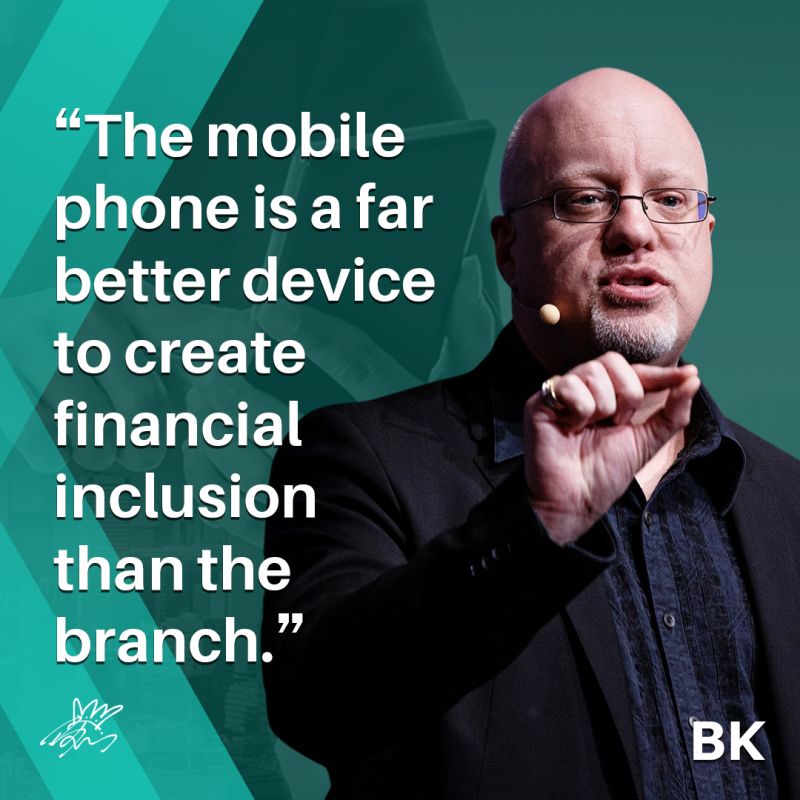
Headhunted by Deloitte in 2000, he was sent to Hong Kong to head up its new e-business unit for the Asian market. However, his story of constant learning and adaptation saw him move shortly after that into a 160-person, four-office digital ad agency in Hong Kong.
At the same time, Brett started presenting executive training and teaching part-time at the MBA program for the Australian Graduate School of Management in Hong Kong. Meeting a group of professional business development specialists there, he spun off a digital strategy consultancy, called User Strategy, with his first clients, HSBC, CitiBank, and other major financial services companies in Hong Kong.
As with all technopreneurs, he moved to Dubai in 2005 to expand his financial services training business and started a digital transformation strategy consultancy. Unfortunately, the 2008 financial crisis struck and collapsed his business. “So, I took a year off and wrote my first book, ‘Bank 2.0,’ and as it turns out, that was a pretty great idea because it set me on this trajectory as a banking futurist,” he explains.
Upon its release in 2010, ‘Bank 2.0’ presented “pretty radical thinking.” He shares: “I presented these concepts of digital dominance and how digital was going to overtake banking. So many bankers were saying, ‘Yes, this is all fine to talk about, but this stuff is tough to do.’ I’d already been doing ten years in the trenches of digital strategy, so I fundamentally disagreed with them. I thought it was a matter of intent rather than technical complexity.”
At a book signing event in Santa Monica, California, in 2010, he met William Quigly, a venture capitalist. “He said to me, ‘This all makes complete sense to me.’ That was all I needed,” recounts Brett. That afternoon, he registered the domain for MovenBank and began building what was to be the world’s first mobile banking app. MovenBank provided contactless payments as a technology, and a complete rethink of the design of mobile banking where the homepage real estate was used for financial health artifacts instead of a list of accounts and real-time receipts, which has become the template for the industry today. MovenBank has morphed into a Banking as a Service (BaaS) platform that serves many international banking platforms today.
Fast forward to today, the new strategies banks must adopt are experiential, behavioral, and human as opposed to just technology driven. Technology is the underlying layer. What was the genesis of that idea, and how did it come about? “First principles approach,” says Brett. “It became clear to me that for any game-changing innovations, I had to adopt a first principles thinking. The iPhone is the perfect example of that: Apple didn’t iterate a new Nokia banana phone or Motorola flip phone; it was new thinking. So, I borrowed this 1994 quote from the CEO of Deutsche Bank: ‘Banking is necessary, but banks are not.’”
He adds: “Suppose you were to build a bank from scratch today using the first principles approach. In that case, you’d have money management tools embedded in your smartphone, smart speaker, and life through a technology layer, with accessibility to that core utility of banking. It is the core three: the ability to safely store money, safely move money, and ability to access credit.“
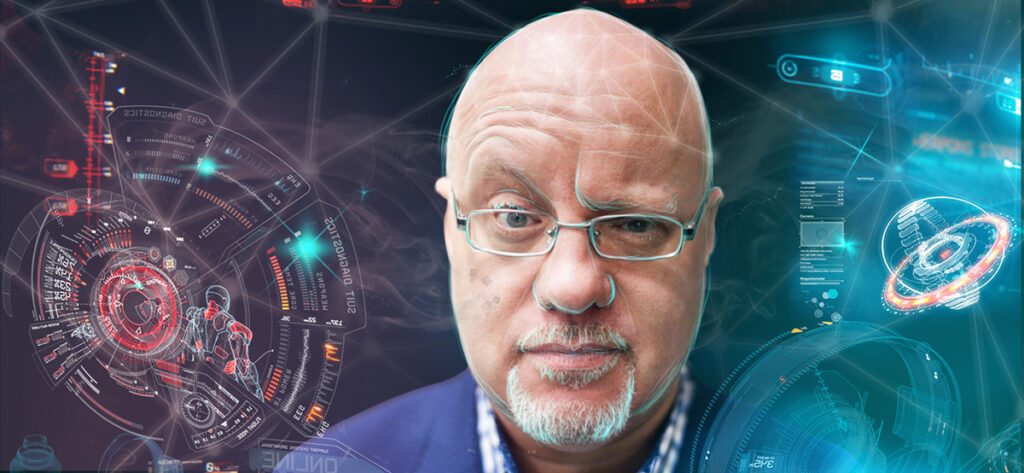
In advising banks and boards, I advocate for diversifying recruitment beyond traditional banking roles, focusing on roles such as anthropologists, data scientists, behaviorists, AI experts, and others. Given that up to 70% of financial jobs by 2030, as projected by Accenture and Dell, don’t yet exist, it’s crucial to anticipate and prepare for these emerging roles in your organization. For Brett, that’s “Bank 5.0, and that trajectory’s already started.” He describes the evolution of banking: Bank 1.0 represents traditional banking methods. Bank 2.0 introduced self-service elements like ATMs, call centers, and internet banking. Bank 3.0 evolved with smartphone app-based banking. Bank 4.0 encompasses embedded banking through AI interactions, offering financial advice and habits coaching. Finally, Bank 5.0, or AI-based banking, predicts that future banking will be largely code-driven, leading to a smarter economy and transaction system based on smart contracts. “In Bank 5.0, you won’t need to go into a bank; the bank is part of the infrastructure of the world – and it’s the trajectory we’ve been on since computers first emerged in banking in the 1950s,” he asserts.
Brett’s vision of techno-socialism emerged in his 2015 book, ‘Augmented Life in the Smart Lane,’ a topic on which he is a leading thought leader. His book offers glimpses of a tech-driven future in 2025 and 2030. While the book explores individual adaptation to this world, it raises broader questions about societal changes. He draws inspiration from historical governance models, distinguishing between pyramid-style and diamond-shaped economies. However, he warns of instability within the latter as wealth disparities grow. As technology, AI, climate change, and pandemics intersected, Brett devised a four-quadrant grid, considering chaotic vs. planned futures and inclusive vs. exclusionary governance. He highlights differences in collective vs. individual perspectives, with Europe and China favoring inclusivity while the US prioritized individualism. His scenarios range from banning AI to systemic failure and the emergence of neo-feudalism. His preferred path of techno-socialism leverages technology for better healthcare, education, and government efficiency, albeit requiring dismantling inefficient capitalist constructs for equitable wealth distribution and improved quality of life.
My thesis is that institutions like the IMF, the UN, the World Bank, and UNHCR were built 75 years ago to address issues from 75 years ago; they’re not able to address today’s problems. Trying to dismantle these organizations, we face roadblocks – which I call immune responses to change. I ask Brett if techno-socialism could redress these institutions for an even more significant impact. His answer is poignant:
“If you look at the last 300 years of technological development and disruption at an industry level, the number of industries that have survived unscathed with their business model intact over those 300 years is zero. The resistance to technological change is ultimately futile.”
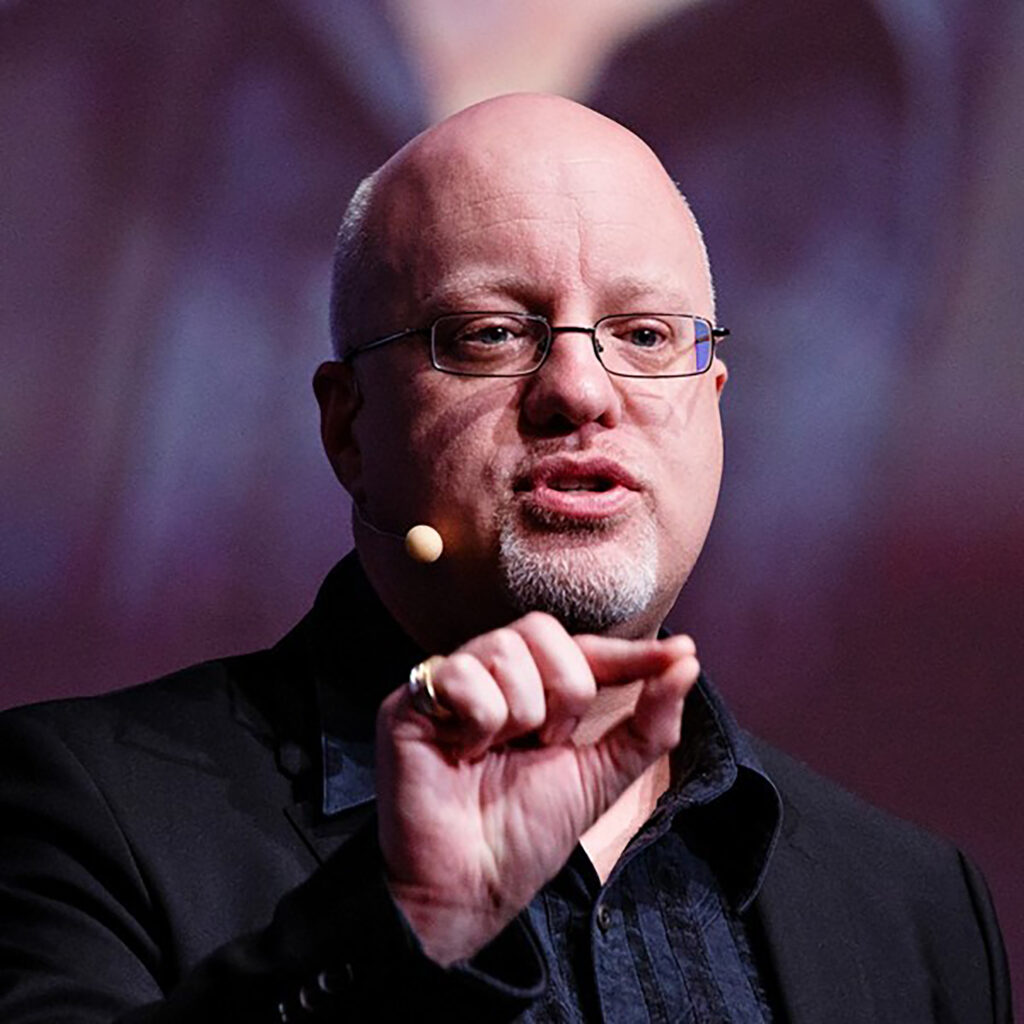
Brett, reflecting on Ray Dalio’s ideas and discussions with sci-fi authors like David Brin, sees a 50-50 chance for humanity to overcome major challenges. He argues for a philosophical shift towards cooperation, drawing from Aristotle’s concept of thriving humanity. He advocates for techno-socialism, citing historical examples like the Human Genome and Apollo Projects, where collaboration, not competition, spurred significant advancements. King challenges the notion that competition is the sole driver of innovation, emphasizing the need for cooperative approaches to tackle AI and climate change issues.
Hypercapitalism’s crowned elite, a mere 0.01%, have cracked the data code, turning it into the new oil. They hoard this knowledge, fueling their dominance through a handful of mega-companies, leaving the rest as mere cogs in their machine. AI, the next frontier, is theirs too, their investments ensuring their lead. The nightmare? These 100 control the world forever. Can anything stop this dystopian monopoly? According to Brett, tech behemoths are redefining power dynamics. With influence surpassing many governments, they steer policy and sway markets. Witness the UK Prime Minister and US President convening with tech giants to discuss AI regulation – the tail wags the dog. This massive wealth accumulation fueled by core technologies has a glaring problem: distribution.
“Only 15% of Americans even touch the stock market, leaving the bulk of the population in the dust,” he affirms. “Our traditional model of job driven wealth faces an existential threat – AI’s primary purpose is to replace human labor. The question then becomes, without jobs and limited market participation, how do we ensure this concentrated wealth reaches everyone? This is the central challenge of our AI powered future.”
The conversation naturally veers to what Elon Musk, Mark Zuckerberg, and Bill Gates promulgate as the solution: Universal Basic Income (UBI). For Brett, UBI is essential due to the unprecedented potential for AI to disrupt multiple industries simultaneously. Unlike past technological booms, where new jobs offset losses, AI’s scale of impact predicts widespread technology-driven unemployment. UBI serves as a safety net to distribute the immense wealth generated by AI, ensuring individuals can continue consuming and sustaining capitalism’s engine. This concept resembles a “robot tax.” Additionally, there’s the notion of techno-colonialism, where tech giants like Apple and Amazon could acquire entire countries like Malta or Cyprus, granting them influence on the global stage, as depicted in various sci-fi works, including the Apple TV series ‘Extrapolations’ and Kim Stanley Robinson’s ‘Ministry for the Future.’
I emphasize the importance of maintaining and valuing our humanity amid technological advancements. As we become more entwined with technology, human aspects like creativity, empathy, and love become even more crucial. I suggest that these inherently human qualities will become increasingly valuable as technology takes over more routine or analytical tasks. Brett envisions a future where UBI redefines work from a survival necessity to a choice driven by passion and values. This shift is supported by the success of over 70 UBI programs, where participants are more entrepreneurial and community-oriented. He foresees a society where automation manages routine tasks, allowing humans to focus on meaningful work and interactions, fundamentally transforming our relationship with work and enhancing human value in a highly automated world.
As the conversation draws to a close, I ask Brett what legacy he hopes to leave. “My sincere hope is that people recognize my contributions as valuable and view me as someone who has had a positive impact on society.” In Brett’s future, technology and human ingenuity intertwine to redefine our societal and economic structures. This conversation is a profound connection with Brett, a journey through the corridors of future possibilities guided by his expertise and experiences. It is a future of optimism for humanity.
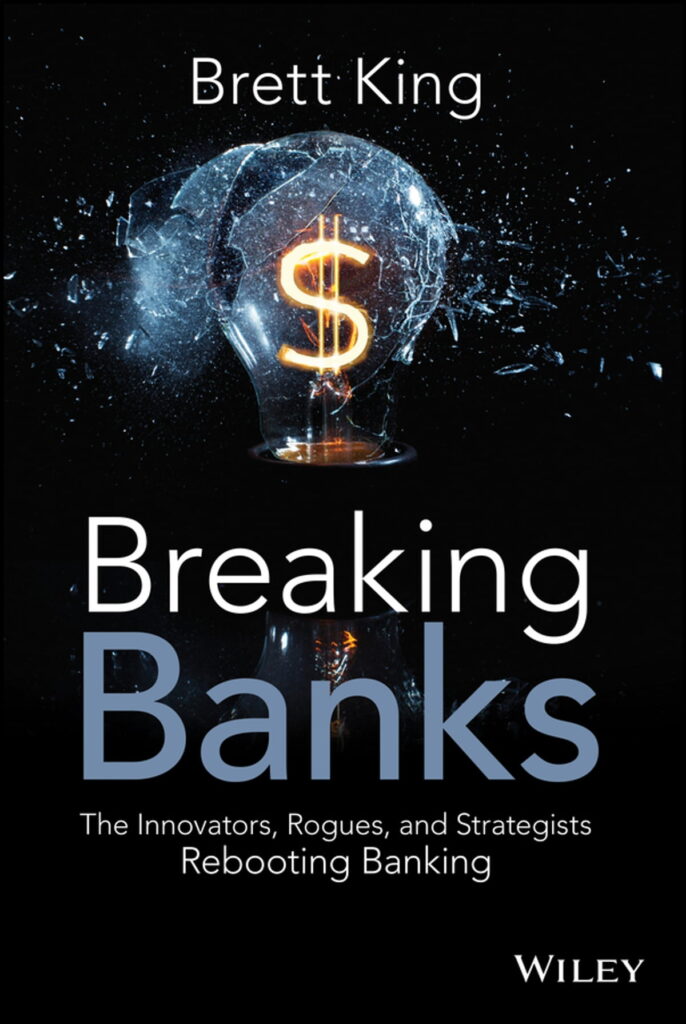
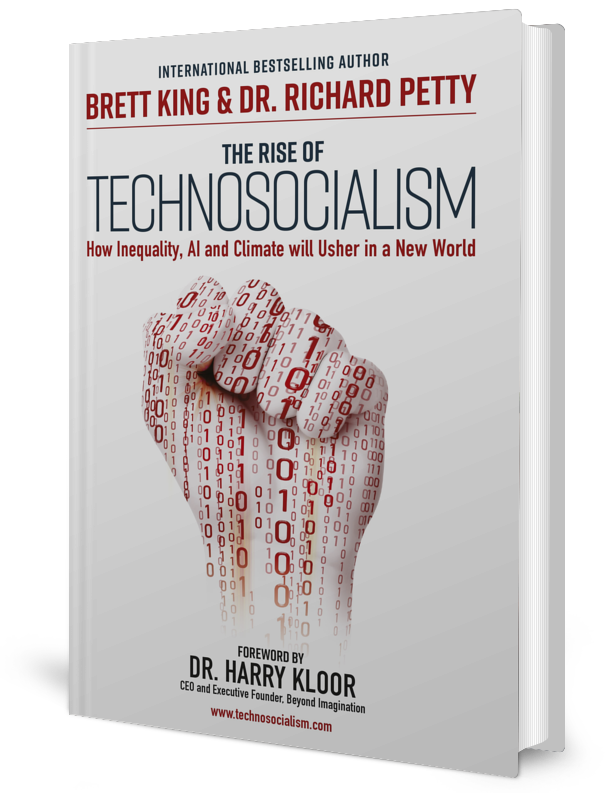
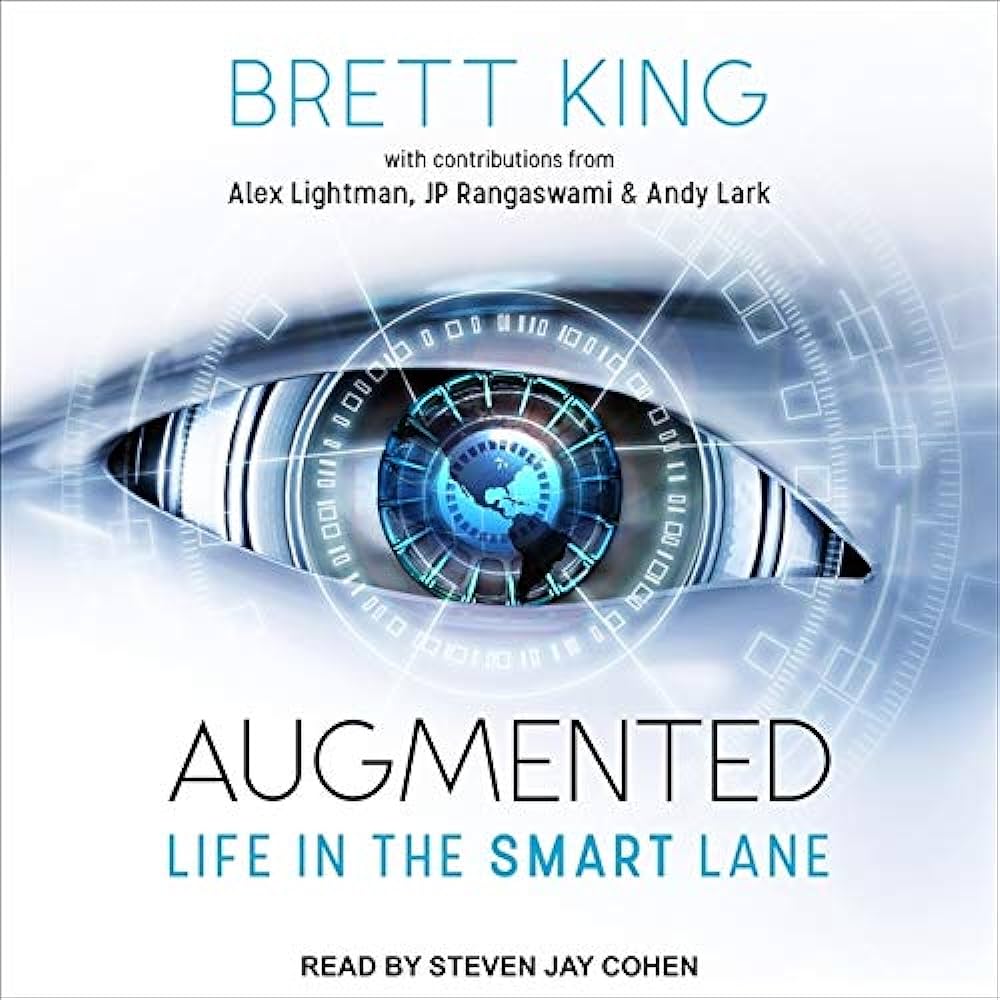
“Our traditional model of job-driven wealth faces an existential threat – AI’s primary purpose is to replace human labor.”
